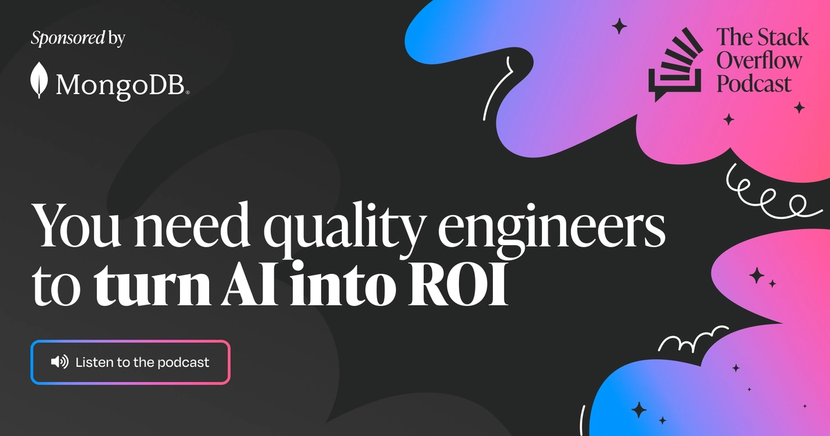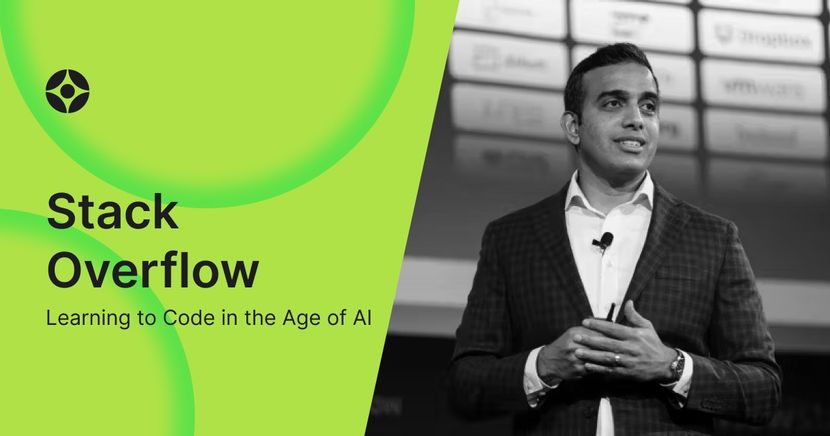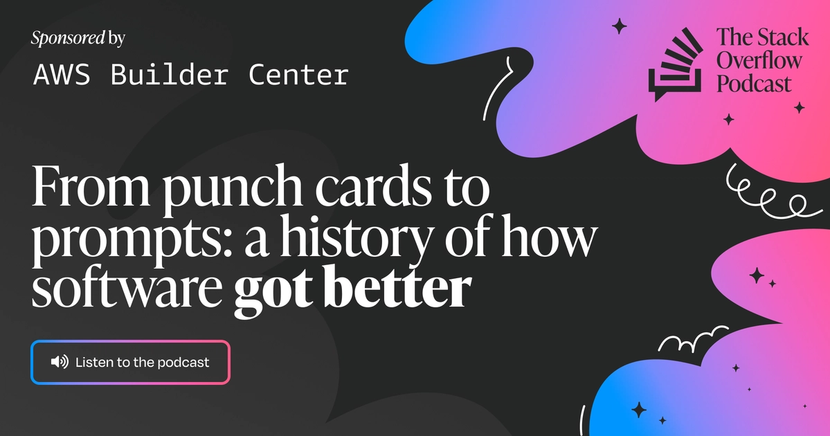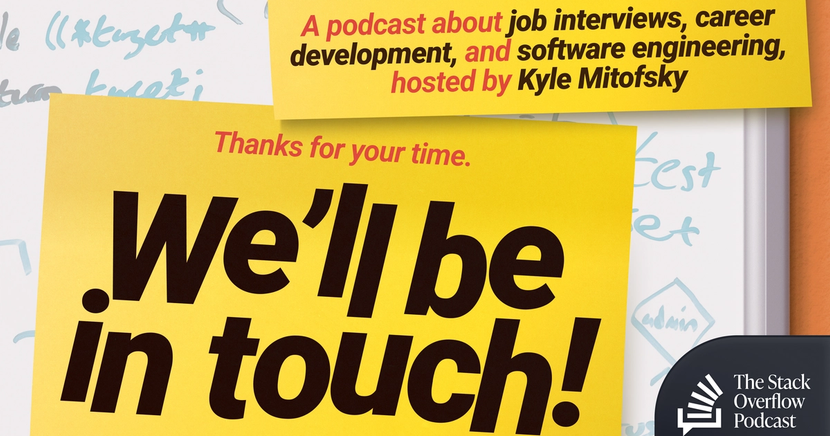Code smells for AI agents: Q&A with Eno Reyes of Factory
Quality software still needs high-quality code, AI agents or not.


Quality software still needs high-quality code, AI agents or not.

We're running a survey to understand how people are using AI to learn and whether that's helping, hurting, and replacing tools.

Security controls can be a bit of a cat and mouse game—you block one attack, new ones spring up.

Pete Johnson, Field CTO, Artificial Intelligence at MongoDB, joins the podcast to say that looking at AI’s impact as a job killer is a flawed metric.

Evaluating question quality and determining the appropriate feedback required some classic ML techniques in addition to our GenAI solution.

Money is pouring into the AI industry. Will software survive the disruption it causes?

So long and thanks for all the bits!

Four days, 60,000 developers, and AI-generated perfume. The re:Invent that was.

AI yells at voice agents so you don't have to.

CEO Prashanth Chandrasekar will be speaking at a virtual fireside chat at the OpenAI Forum.

AI agents can chat, use tools, and write new code all from one interface. That's why they'll last.

While using LLMs to judge LLM outputs might seem like the fox guarding the henhouse, turns out it works pretty well (and scales better than humans).

Ryan welcomes Sebastian Gierlinger, VP of Engineering at Storyblok, to talk about how headless content management systems (CMS) fit into an increasingly componentized software landscape.

Ryan chats with Karen Ng, EVP of Product at HubSpot, to chat about Model Context Protocol (MCP) and how they implemented it for their server for their CRM product.

Ryan welcomes Geraint North, AI and developer platforms fellow at Arm, to dive into the impact of GenAI on chip design.

Ryan welcomes Darko Mesaroš, Principal Developer Advocate at AWS and all-around computer history buff, to chat about the history of software development improvements and how they made developers made more productive.

Ryan welcomes Nathan Michael, CTO at Shield AI, to discuss what AI looks like in defense technologies, both technically and ethically.

Large language models are non-deterministic by design. Here's how you can inject a little bit of determinism into GenAI workflows.

On this episode, Ryan chats with Vish Abrams, chief architect at Heroku, about all the work that needs to be done after you’ve vibe coded your dream app.

Ryan is joined by Jan Seredynski, Mobile Security Researcher and Pentester at Guardsquare, to talk about how you protect your app when the attackers control the code and the device it runs on.

Snowflake customers can now easily enrich their AI applications and agentic systems with some of the most trusted, highest-quality data available while respecting our community members who provide this content with proper attribution.

Kyle is joined by his former colleague Tyler McEntee, now a senior software engineer at Jona, to talk about doing everything all at once at a startup.

On this episode, Ryan chats with Henrik Rexed, Cloud Native Advocate at Dynatrace, about debugging cloud-based applications like you would a local app.

Avoiding bad data is just as important in AI; it can open you to fines, lawsuits, and lost customers.
